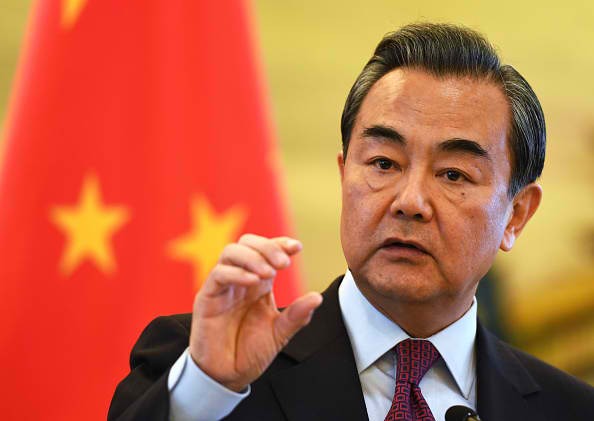Chinese Foreign Minister Wang Yi told U.S. Secretary of State John Kerry that the two countries should maintain good relations despite President Donald Trump's efforts that favor Taiwan.
President Donald Trump recently called Taiwanese President Tsai Ing-wen that has raised speculation that the American president is not in favor of the "one China policy."
In a telephone call between Wang and Kerry, Wang said, "Both sides should take great care to jointly safeguard and ensure the proper direction of development in bilateral relations."
Trump's move to favor Taiwan contradicted with the American government's recognition of the "one China policy" in 1979. The policy states that Taiwan should be under the authority of mainland China.
The policy also does not recognize Taiwan as an independent country.
State media also criticized President Trump and stated that Twitter "should not become a foreign policy tool."
Experts weigh in the current standing of the relations between the two countries. According to Nicholas Hope, the former director of the Stanford Center for International Development, the two countries' relationship is uncertain.
He said, "The future of the relationship is, in a word, unpredictable."
"Certainly, a lot of pre-election rhetoric--the anti-trade rhetoric from both candidates--pointed toward the relationship with China potentially getting rockier, certainly so for Trump, who made pretty outrageous statements about trade," Hope added.
Hope also said that China's intentions were good but the American president was ill-advised.
The expert added: "I can't help but feel that Trump is listening to the wrong Republican advisers on this issue. His initial discussion with China's president, Xi Jinping, was seen as positive. But then he muddied the water with his conversation with Taiwan's president."
Adm. Gary Roughead, a Robert and Marion Oster Distinguished Military Fellow at the Hoover Institution at Stanford, said that although most Americans don't see it, the relations between Taiwan and the U.S. are "an issue [that] has always been there, it's always been important to China."



























